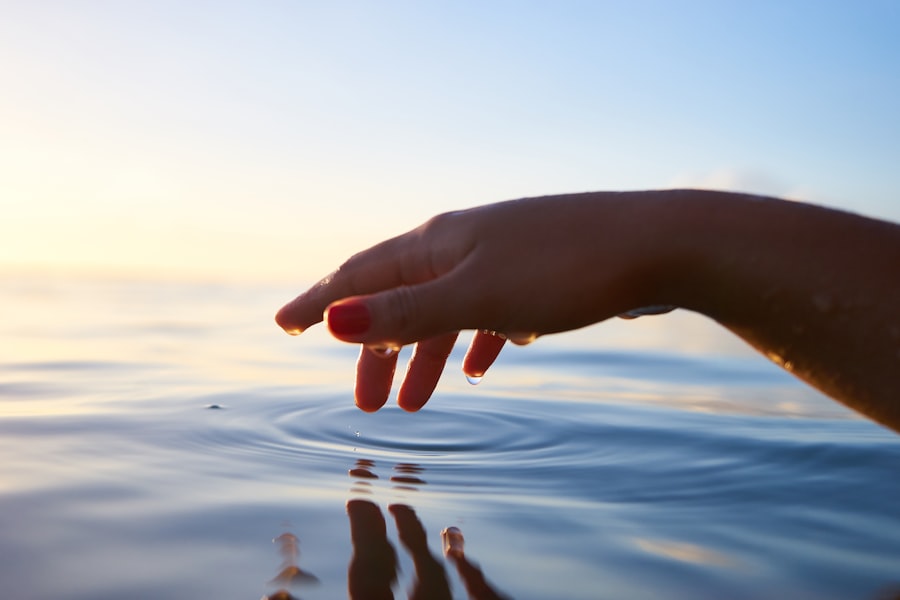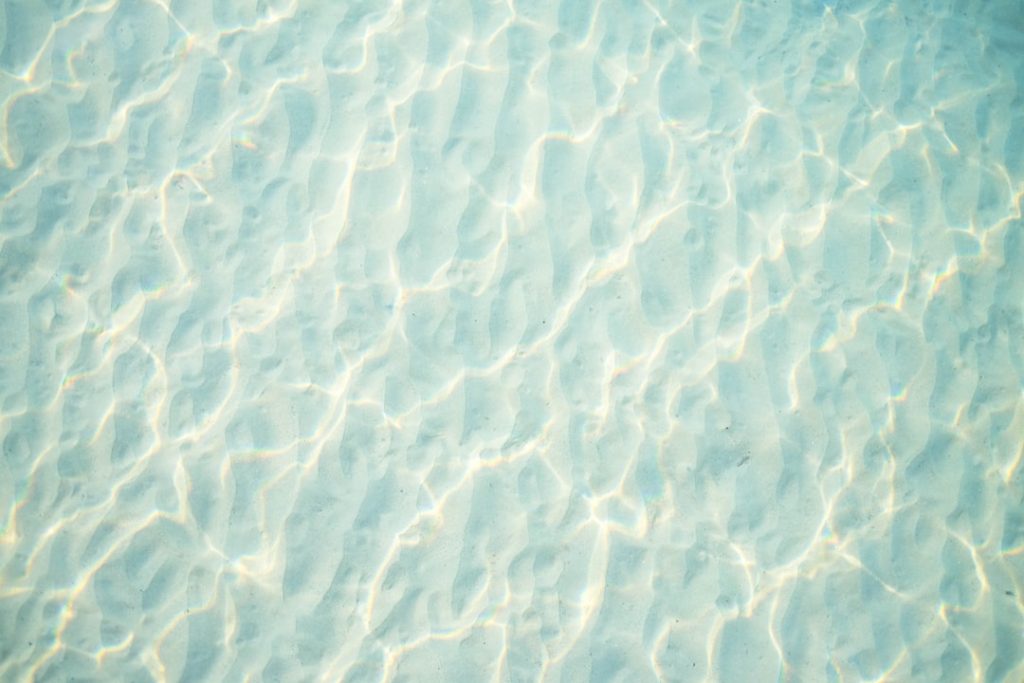During winter, providing chickens with access to warm water is essential for their health and survival. Chickens require water to maintain hydration, and freezing temperatures can make this challenging. Dehydration in chickens can result in decreased egg production, poor feather quality, and in severe cases, illness or death.
Water also plays a crucial role in helping chickens regulate their body temperature, which is particularly important in cold weather. Warm water offers additional benefits for chickens during winter. As chickens need to consume more calories to stay warm in cold weather, providing warm water helps them conserve energy.
When chickens drink cold water, their bodies expend extra energy to warm it up internally. By offering warm water, chicken owners can assist their birds in maintaining a healthy body temperature and overall well-being. This practice supports the chickens’ ability to cope with winter conditions more effectively.
Table of Contents
- 1 Choosing the Right Waterer for Cold Weather
- 2 Insulating the Waterer to Retain Heat
- 3 Using Heated Waterers to Keep Water from Freezing
- 4 Implementing a Regular Watering Schedule
- 5 Monitoring Water Consumption and Temperature
- 6 Additional Tips for Keeping Chickens Healthy in Winter
- 7 FAQs
- 7.1 What are the best ways to keep chickens’ water warm in winter?
- 7.2 What is a heated waterer and how does it work?
- 7.3 How can I insulate my chickens’ water containers to keep the water from freezing?
- 7.4 What are heated bases or pads, and how do they help keep chickens’ water warm in winter?
- 7.5 Are there any alternative methods for keeping chickens’ water warm in winter?
Key Takeaways
- Chickens need access to warm water in winter to stay hydrated and healthy
- Choose a waterer that is designed for cold weather and prevents freezing
- Insulate the waterer to retain heat and prevent water from freezing
- Consider using heated waterers to ensure water stays liquid in freezing temperatures
- Implement a regular watering schedule to ensure chickens have access to water throughout the day
Choosing the Right Waterer for Cold Weather
Heated Waterers
One popular choice is a heated waterer, which is specifically designed to keep water from freezing in cold temperatures. These waterers typically have a built-in heating element that prevents the water from reaching freezing temperatures.
Insulated Waterers
Another option is an insulated waterer, which is designed to retain heat and keep the water from freezing for longer periods. These waterers are often made of double-walled plastic or foam insulation to help maintain a warmer temperature inside the container.
Traditional Options and Considerations
In addition to heated and insulated waterers, there are also traditional options such as metal or plastic fount-style waterers. While these may not have built-in heating elements or insulation, they can still be effective in cold weather when paired with additional insulation or heating elements. When choosing a waterer for cold weather, it’s important to consider the size of your flock, the climate in your area, and your own preferences for maintenance and convenience. Ultimately, the right waterer for cold weather will depend on your specific needs and the conditions in which your chickens will be living.
Insulating the Waterer to Retain Heat

Insulating the waterer is an effective way to retain heat and prevent the water from freezing in cold weather. There are several methods for insulating a waterer, depending on the type of waterer you have and your specific needs. One simple way to insulate a waterer is to place it inside a larger container, such as a plastic tub or bucket, and fill the space between the two containers with insulating material such as straw or foam insulation.
This can help trap heat and prevent the water from reaching freezing temperatures. Another option for insulating a waterer is to use a specially designed insulating cover or jacket. These covers are typically made of durable, weather-resistant materials and are designed to fit snugly around the waterer to help retain heat.
Some covers also have built-in heating elements or pockets for hand warmers to provide additional warmth. Additionally, you can insulate the area around the waterer by placing straw or hay on the ground to help prevent heat loss from the bottom of the container. By insulating the waterer, you can help ensure that your chickens have access to warm water throughout the winter months.
Using Heated Waterers to Keep Water from Freezing
Heated waterers are specifically designed to keep water from freezing in cold weather, making them an excellent option for ensuring that your chickens have access to warm water. These waterers typically have a built-in heating element that activates when the temperature drops below a certain point, preventing the water from reaching freezing temperatures. Heated waterers come in a variety of styles and sizes, including traditional fount-style waterers and automatic poultry drinkers.
One popular type of heated waterer is a heated base that can be used with a traditional metal or plastic fount-style waterer. The heated base is designed to keep the water from freezing by providing consistent warmth from below. Another option is a heated automatic poultry drinker, which uses a thermostat-controlled heating element to keep the water at a constant temperature.
These heated waterers are convenient and effective for keeping water from freezing in cold weather, ensuring that your chickens have access to warm water at all times.
Implementing a Regular Watering Schedule
In addition to providing warm water and using the right waterer for cold weather, it’s important to implement a regular watering schedule for your chickens during the winter months. By establishing a consistent routine for watering your chickens, you can ensure that they have access to fresh, warm water throughout the day. A regular watering schedule can also help you monitor your chickens’ water consumption and identify any potential issues with freezing or inadequate access to water.
When implementing a regular watering schedule, it’s important to check the waterers multiple times throughout the day to ensure that the water remains unfrozen and at a comfortable temperature for your chickens. Depending on the climate in your area, you may need to adjust your watering schedule accordingly to prevent freezing. Additionally, it’s important to clean and refill the waterers regularly to ensure that your chickens have access to clean, fresh water at all times.
By implementing a regular watering schedule, you can help ensure that your chickens stay hydrated and healthy throughout the winter months.
Monitoring Water Consumption and Temperature

Observing Chicken Behavior
One way to monitor your chickens’ water consumption is by observing their behavior around the waterers. If you notice that they are drinking less than usual or seem hesitant to approach the waterers, it may be a sign that something is amiss.
Checking Water Temperature
Additionally, it’s important to regularly check the temperature of the drinking water to ensure that it remains warm and unfrozen. You can use a thermometer designed for poultry drinking water or simply dip your hand into the water to gauge its temperature.
Taking Action to Prevent Dehydration and Freezing
If you find that the water is too cold or starting to freeze, it’s important to take immediate steps to warm it up or prevent it from freezing entirely. By monitoring your chickens’ water consumption and the temperature of their drinking water, you can proactively address any issues that may arise and ensure that your chickens stay healthy and hydrated throughout the winter months.
Additional Tips for Keeping Chickens Healthy in Winter
In addition to providing warm water and implementing a regular watering schedule, there are several additional tips for keeping chickens healthy in winter. One important consideration is providing adequate shelter and protection from the elements, as exposure to cold temperatures and drafts can negatively impact chickens’ health. Ensuring that their coop is well-insulated and free from drafts can help them stay warm and comfortable during the winter months.
Another important factor in keeping chickens healthy in winter is providing them with a balanced diet that meets their increased energy needs for staying warm. This may include supplementing their diet with additional calories through scratch grains or high-energy treats. Additionally, providing ample bedding in their coop can help them stay warm and comfortable during cold nights.
Regular health checks are also crucial during winter months as chickens may be more susceptible to illness due to stress from cold temperatures and reduced daylight hours. Keeping an eye out for signs of illness such as lethargy or decreased egg production can help catch any health issues early on. In conclusion, ensuring that chickens have access to warm water during winter months is crucial for their health and well-being.
Choosing the right waterer for cold weather, insulating it properly, using heated options when necessary, implementing a regular watering schedule, monitoring consumption and temperature, and following additional tips for keeping chickens healthy in winter are all essential steps in maintaining their health during colder months. By taking these measures, chicken owners can ensure that their flock stays healthy and comfortable throughout winter.
If you’re looking for more tips on keeping your chickens comfortable in the winter, check out this article on The Chicken Coop Country Diner. It offers great advice on how to provide your chickens with warm water and other winter essentials.
FAQs
What are the best ways to keep chickens’ water warm in winter?
There are several effective methods for keeping chickens’ water warm in winter, including using heated waterers, insulating water containers, and using heated bases or pads.
What is a heated waterer and how does it work?
A heated waterer is a specially designed water container that includes a built-in heating element to prevent the water from freezing. These units typically plug into an electrical outlet and use a thermostat to regulate the temperature of the water.
How can I insulate my chickens’ water containers to keep the water from freezing?
You can insulate water containers by wrapping them in foam insulation or using insulating materials such as bubble wrap or old blankets. This helps to retain the heat from the water and prevent it from freezing as quickly.
What are heated bases or pads, and how do they help keep chickens’ water warm in winter?
Heated bases or pads are devices that are placed underneath water containers to provide a constant source of heat. These units are designed to keep the water from freezing by maintaining a consistent temperature in the container.
Are there any alternative methods for keeping chickens’ water warm in winter?
Some alternative methods for keeping chickens’ water warm in winter include using solar-powered water heaters, adding hot water to the container throughout the day, and using insulated water jackets or covers to retain heat.
Meet Walter, the feathered-friend fanatic of Florida! Nestled in the sunshine state, Walter struts through life with his feathered companions, clucking his way to happiness. With a coop that’s fancier than a five-star hotel, he’s the Don Juan of the chicken world. When he’s not teaching his hens to do the cha-cha, you’ll find him in a heated debate with his prized rooster, Sir Clucks-a-Lot. Walter’s poultry passion is no yolk; he’s the sunny-side-up guy you never knew you needed in your flock of friends!







